No products in the cart.
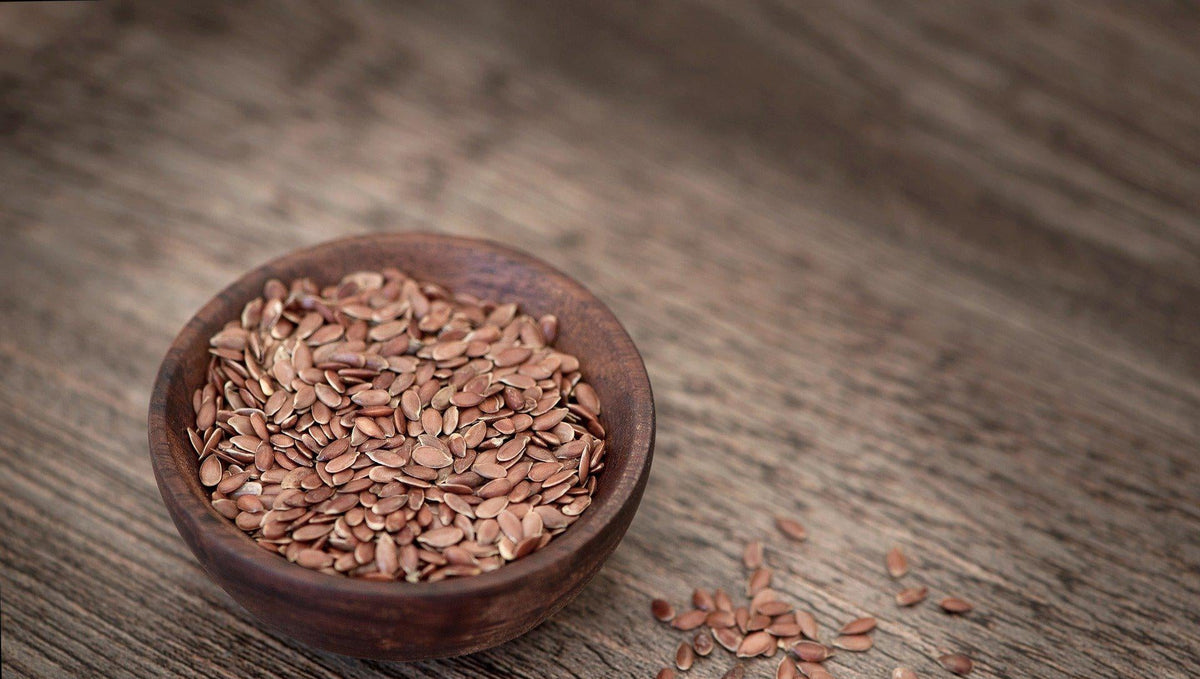
Is there an effective way to lower blood pressure without medications?
Posted by: Didrik Sopler, Ph.D., L.Ac.
It is very common–even if it is not necessary–to see that the blood pressure is increasing with age. With medications, blood pressure usually comes down, but it may still not be as low as we would like it to be. Blood pressure medications also comes with side effects. What else can...
Read more

Do you want to react less to anxiety provoking stimuli?
Posted by: Didrik Sopler, Ph.D., L.Ac.
"The world can be a stressful place, and that is most likely not going to change anytime soon. The solution is to get to a state where we are not affected much by things that cause most people to react with anxiety. Is that possible or just wishful thinking? ...
Read more
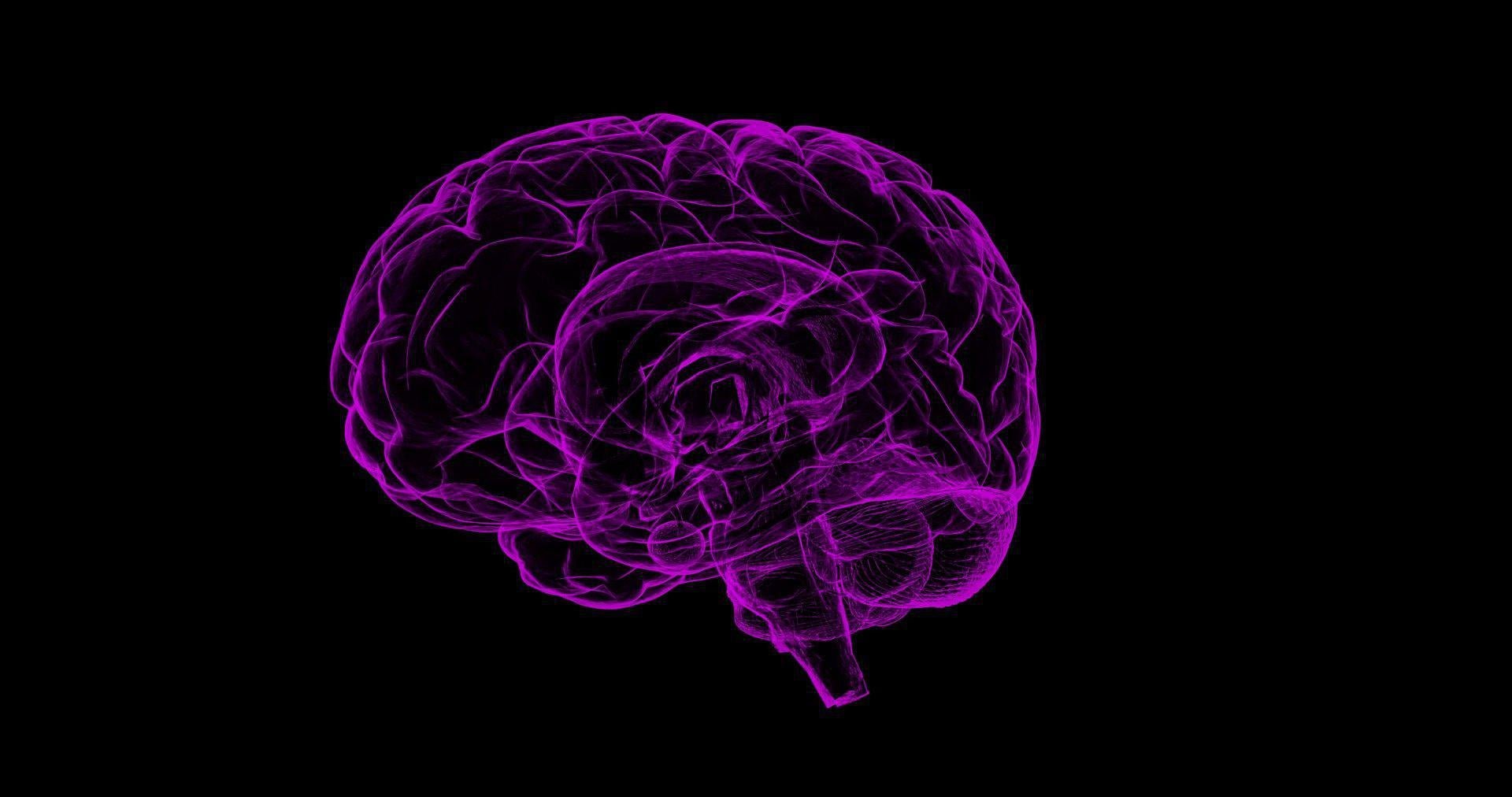
Oxidative stress is involved in cognitive impairment and Alzheimer’s Disease
Posted by: Didrik Sopler, Ph.D., L.Ac.
Increased oxidative stress has been documented in the frontal cortex in individuals with Alzheimer’s disease and in patients with mild cognitive impairment (Ansari, MA 2010). One of the emerging causative factors associated with Alzheimer’s pathology is oxidative stress. This AD-related increase in oxidative stress has been attributed to decreased levels...
Read more
What damage can high blood sugar and oxidative stress cause?
Posted by: Didrik Sopler
It is common knowledge that having high blood sugar levels is damaging to our health, but in what way is it harmful to us? Having high blood glucose levels causes oxidation of glucose and a reaction causing glycation of proteins. These reactions cause tissue damage and create a lot...
Read more

Stress shortens your telomeres...but why does that matter?
Posted by: Didrik Sopler, Ph.D., L.Ac.
"A telomere is a region of repetitive nucleotides consisting of DNA and RNA at the end of a chromosome that protects the chromosome from deterioration. Shorter telomeres are known to determine cell longevity and shorter telomeres lead to a shorter lifespan. Â Telomeres can therefore give us information on how fast...
Read more
What factors are playing a role in Alzheimer’s, cognitive decline and cardiovascular disease?
Posted by: Didrik Sopler
Alongside oxidative stress and inflammation, altered cholesterol metabolism and hypercholesterolemia also significantly contribute to neuronal damage and to the progression of Alzheimer’s disease (Gamba P, et.al., 2015). Levels of oxysterols derived from cholesterol oxidation and inflammatory mediators have been found to be increased in the brains of Alzheimer’s patients (Testa...
Read more
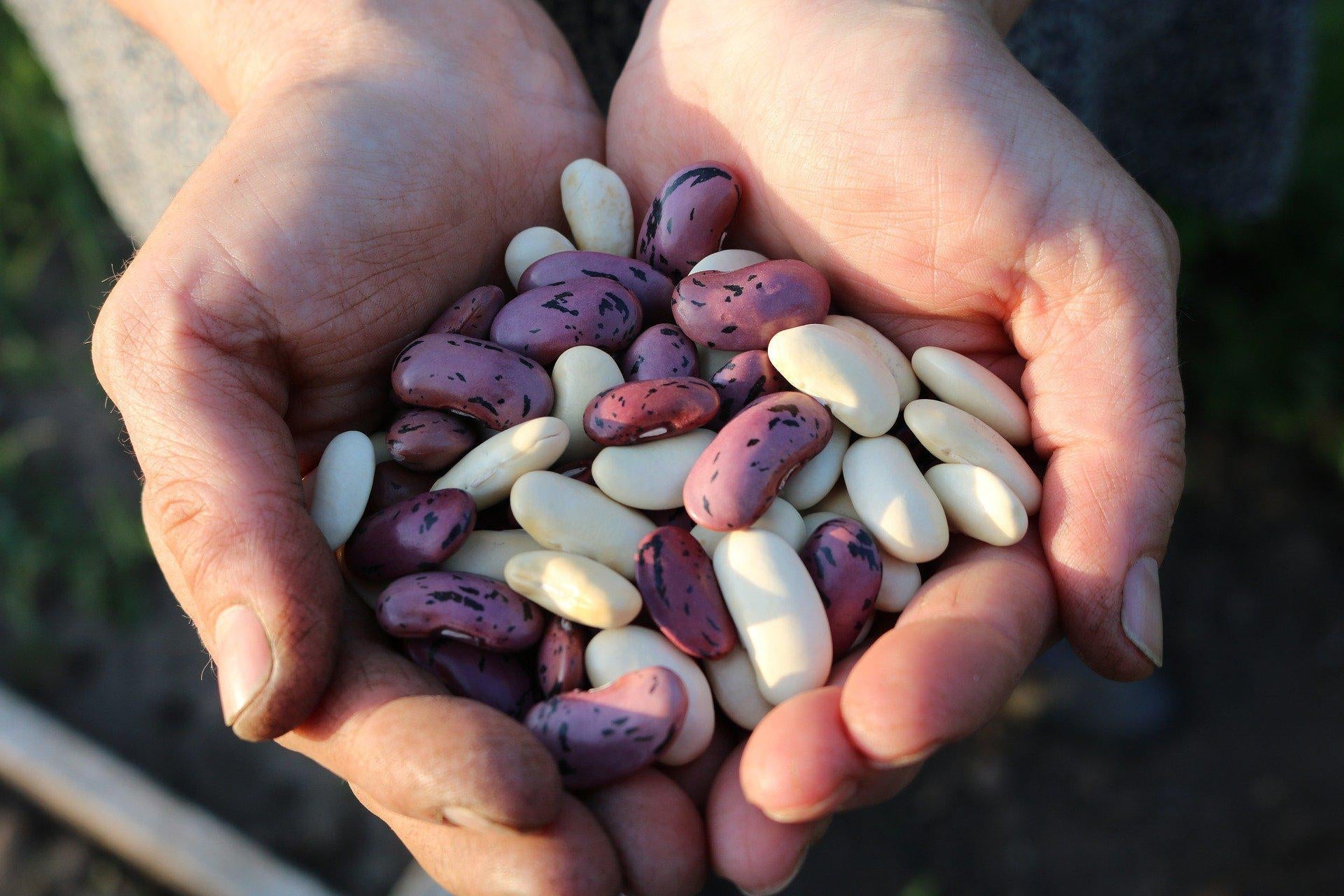
Reduce your risk of heart attacks by adding one food to your meals
Posted by: Didrik Sopler
Research shows adding one food reduces the risk for heart attacks by 38%. Sometimes you can get big benefits by making small changes. There are several studies showing that just adding legumes to your meals can lower your cardiovascular risk. The results of this particular study found that only 1...
Read more
Can B Vitamins Affect Your Mood?
Posted by: Didrik Sopler, Ph.D., L.Ac.
You would most likely prefer to feel happy and excited about life and ready to get going to accomplish your goals when you wake up. Do you think almost everybody feels that way? No, that is not the case, because depression is the second leading cause of disability, and it...
Read more
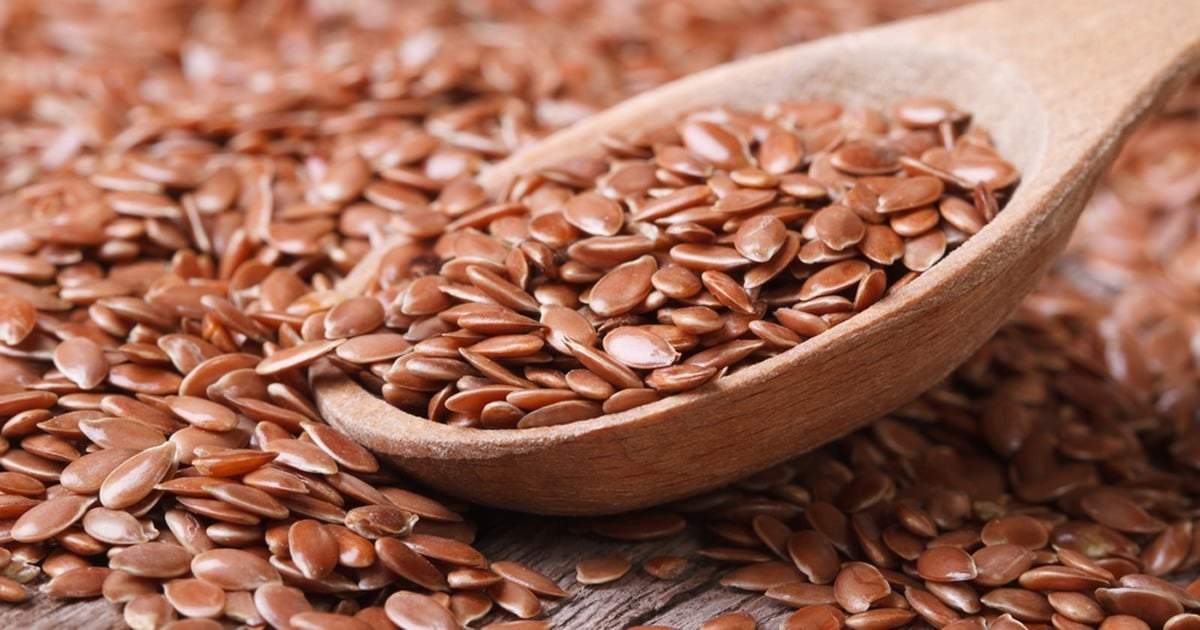
3 Important Benefits of Flax Seeds
Posted by: Didrik Sopler, Ph.D., L.Ac.
One of the impressive health benefits of flax seeds is the ability to decrease blood pressure (Rodriguez-Leyva D, et.al., 2013). In a double-blinded, placebo-controlled study, 30 g of flax seeds daily for 6 months reduced the systolic blood pressure of 10 mm Hg and the diastolic blood pressure with 7...
Read more
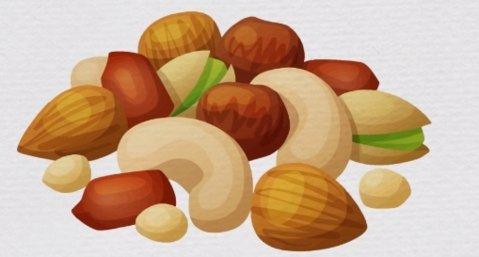
Decreasing Inflammation is 1 Important Way to Increase Your Life Expectancy
Posted by: Didrik Sopler, Ph.D., L.Ac.
The process of atherosclerosis is a risk factor for cardiovascular disease and involves deposits of fat and especially LDL cholesterol into the blood vessel wall (Salisbury D, Bronas U, 2014). These researchers state that when the LDL cholesterol gets deposited into the vascular wall it can oxidize and cause injury...
Read more
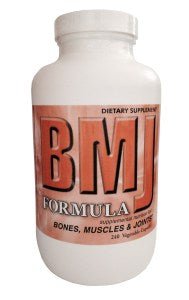
How To Easily And Favorably Affect Your Gene Expression
Posted by: Didrik Sopler
Wouldn’t it be nice if you could express your genes in a way that made you feel better? If you could do it both quickly and easily, that would be great. I think everybody agrees on that. According to this research, you can actually do that (Chacko SA, et al....
Read more
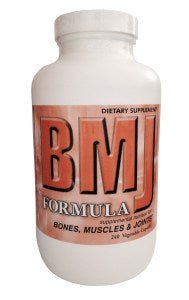
Low Levels Of This Mineral Increases Cardiovascular Risk
Posted by: Didrik Sopler
When 9,820 study participants were tested for blood magnesium levels, this is what was found. The participants with low magnesium levels had increased atherosclerosis (Kieboom BC, et al. 2016). The carotid intima media thickness was increased, that’s the inner layer of the blood vessel wall. There seems, however, to...
Read more
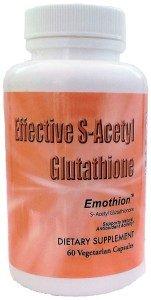
What, Besides Inflammation, Causes Damage In Osteoarthritis?
Posted by: Didrik Sopler
Osteoarthritis is a very common condition, and we don’t have to be very old before we can detect signs of cartilage degeneration. Hip and knee osteoarthritis is considered one of the leading causes of disability (Cross M, et al. 2014). In addition to inflammation, which is probably the...
Read more
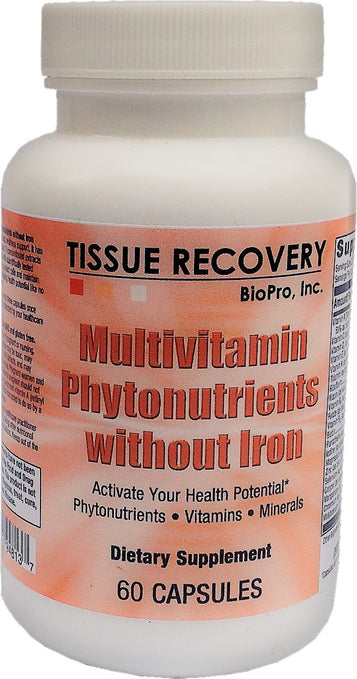
This Is One Of The Most Important Substances In Your Cells
Posted by: Didrik Sopler
Glutathione is one of the most important substances in the body, and it’s found for the most part in your cells. It plays important roles in the antioxidant defense, nutrient metabolism, and it regulates cellular events including gene expression (Wu G, et al. 2004). Glutathione is also involved in the...
Read more
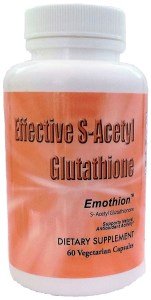
Do You Want To Help Prevent The Risk Of Dementia?
Posted by: Didrik Sopler
Have you noticed that you don’t remember things as easily as you used to? If you have, you are not alone. As we live longer now, and also because most people don’t have the best diet and lifestyle, dementia and Alzheimer’s disease are getting to be more and more common....
Read more
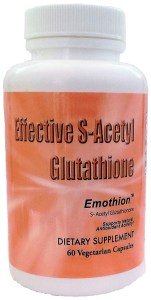
Can free radicals clog up your arteries?
Posted by: Didrik Sopler
Yes they can. Oxidative stress is recognized as an important factor in the creation of cardiovascular disease. The following research is interesting because the participants were 114 healthy non-smokers without any known atherosclerosis (Ashfaq S, et al. 2006). Oxidative stress was estimated by measuring blood levels of glutathione, it’s oxidized...
Read more








